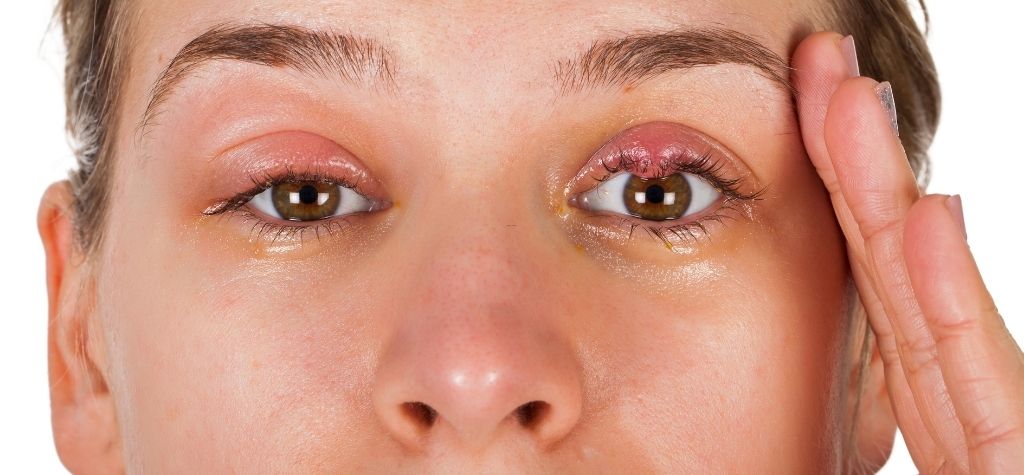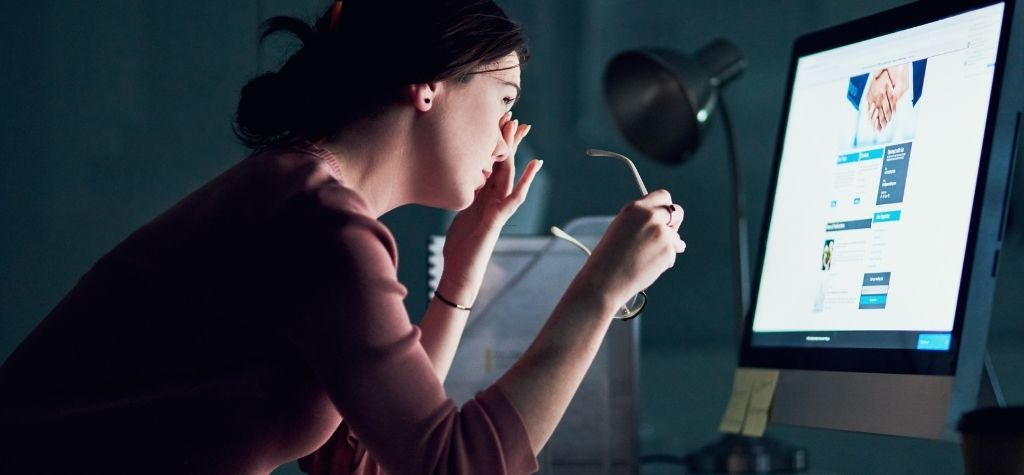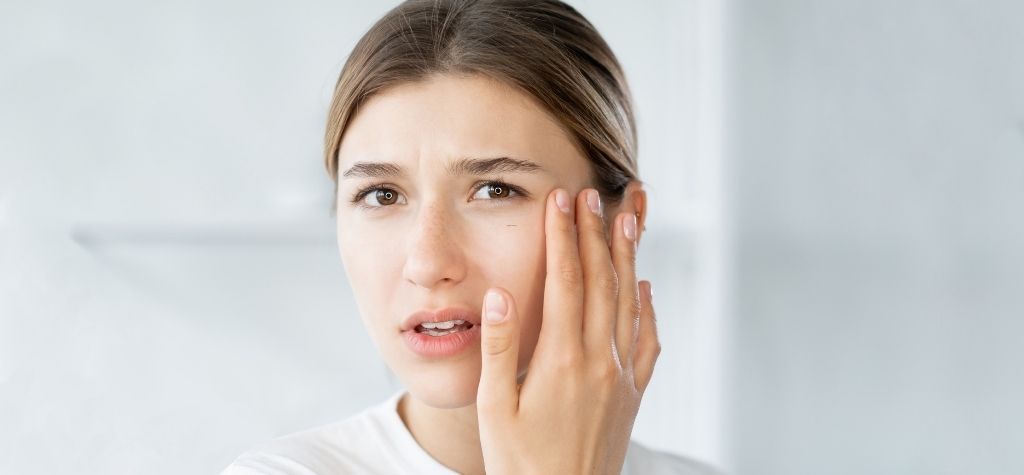The choice between glasses and contact lenses often comes down to personal preference, lifestyle, and fashion. Contacts are discreet and practical for many, while glasses offer ease and style without touching your eyes. But in some situations, glasses are not just more convenient—they’re the safer, healthier, and more comfortable choice.
Here are six clear-cut times when you should reach for your glasses instead of popping in contacts.
1. During Eye Infections and Irritation

Wearing contact lenses when you have an eye infection, such as conjunctivitis (pink eye), can worsen symptoms and delay healing. This is a critical time when switching to glasses is more than just a preference—it’s a necessity.
Avoiding Further Contamination
Contacts can harbor bacteria and debris. When your eyes are already infected, inserting or removing lenses increases the risk of spreading the infection further or reintroducing harmful pathogens.
Less Contact Means Less Irritation
Glasses eliminate the need to touch your eyes frequently. This reduces mechanical irritation and allows medicated eye drops to work effectively without interference.
2. When You Have Allergies

Allergy season can wreak havoc on contact lens wearers. Pollen and dust can stick to the surface of lenses, causing itching, redness, and discomfort.
Glasses as a Shield
While they don’t form a complete seal, glasses offer a slight barrier against allergens floating in the air. They also discourage rubbing your eyes—one of the worst things you can do during allergy flare-ups.
3. After Eye Surgery or Injury

If you’ve recently undergone LASIK, cataract surgery, or suffered an eye injury, your doctor will likely recommend avoiding contacts during the healing period.
Supporting Healing
Contacts can interfere with corneal healing and increase the risk of post-op infections. Glasses provide visual support without disturbing sensitive or healing tissues.
4. During Long Screen Time or Digital Eye Strain

Whether you work remotely, attend virtual classes, or just enjoy binge-watching, digital eye strain is a modern-day problem. Contacts can make symptoms worse, especially dryness and fatigue.
Blue Light Filtering Glasses
Special blue-light blocking glasses can help reduce screen glare and prevent digital fatigue—benefits that regular contact lenses can’t provide. Plus, glasses don’t contribute to eye dryness the way lenses do.
5. While Traveling or Camping

Contacts require a clean environment and good hygiene—hard to maintain when you’re in an airplane bathroom or a tent in the woods.
Hygiene and Maintenance On the Go
Changing contacts with dirty hands or rinsing with unclean water can lead to serious eye infections. Glasses, on the other hand, are low maintenance. Just wipe and go.
6. If You Have Chronic Dry Eyes

Millions suffer from dry eyes, a condition often aggravated by contact lens wear.
The Science of Dry Eyes and Lens Friction
Contacts reduce oxygen flow to the cornea and absorb moisture from your eyes, leading to discomfort. Glasses avoid this entirely, offering a comfortable alternative for daily wearers with dryness issues.
Additional Scenarios Where Glasses Win
There are also everyday moments when glasses are the smarter, simpler choice.
Convenience Over Style
- Sick days: When you’re dealing with a cold or flu, it’s best to keep contacts out.
- Quick errands: No need to fuss with lenses for a quick trip to the store.
- Late nights: Glasses are easier to remove when you’re tired or already in bed.
How to Choose the Right Glasses for These Situations
Not all glasses are created equal. Consider these tips:
- Anti-reflective coating: Reduces glare, especially for screen use.
- Blue-light filters: Perfect for long digital sessions.
- Lightweight frames: Great for travel or all-day wear.
- Prescription sunglasses: Ideal for allergy or recovery seasons spent outdoors.
FAQs About Glasses vs. Contacts
1. Can I wear contacts during an eye infection?
No, it’s best to avoid contacts as they can trap bacteria and worsen symptoms.
2. Are glasses better than contacts for dry eyes?
Yes. Glasses don’t draw moisture from the eyes like contacts do.
3. Do glasses protect against allergies?
They offer mild protection by shielding your eyes and discouraging rubbing.
4. Is it okay to switch between glasses and contacts?
Yes, switching based on your activity or health condition is often recommended.
5. Are glasses more hygienic than contacts?
Generally, yes. They require less direct handling and fewer hygiene steps.
6. What kind of glasses are best for computer use?
Look for anti-glare and blue-light-blocking lenses to reduce eye strain.
Conclusion: Embracing the Best of Both Worlds
While contact lenses offer freedom and flexibility, they’re not always the best choice. Whether you’re recovering from an infection, dealing with allergies, or just relaxing at home, glasses provide a safe, convenient, and comfortable alternative. Knowing when to switch can protect your eyes and enhance your daily comfort.

